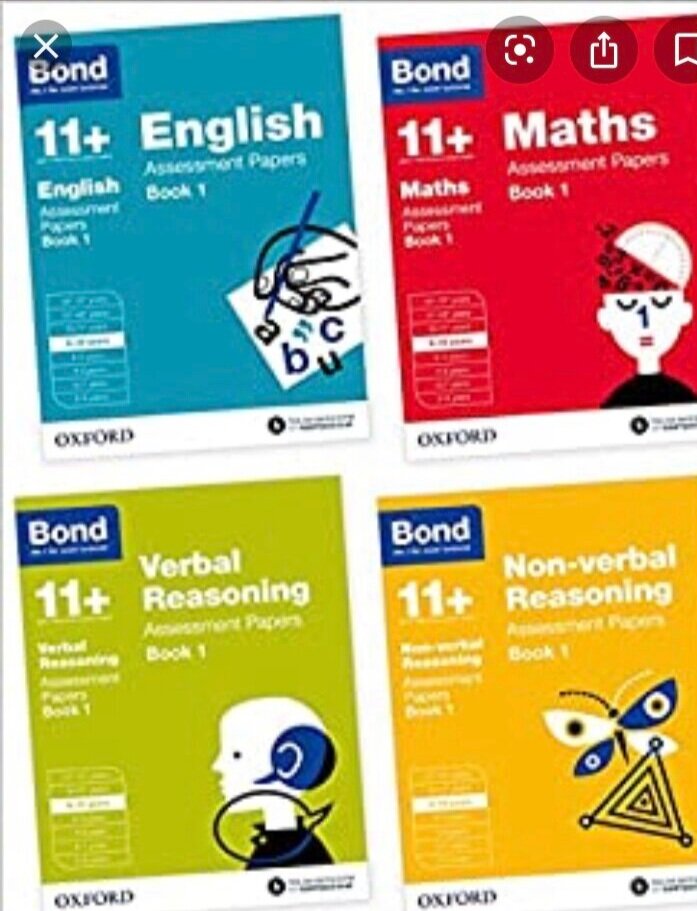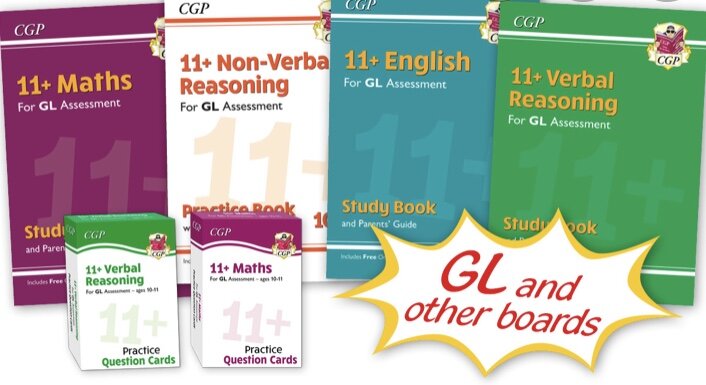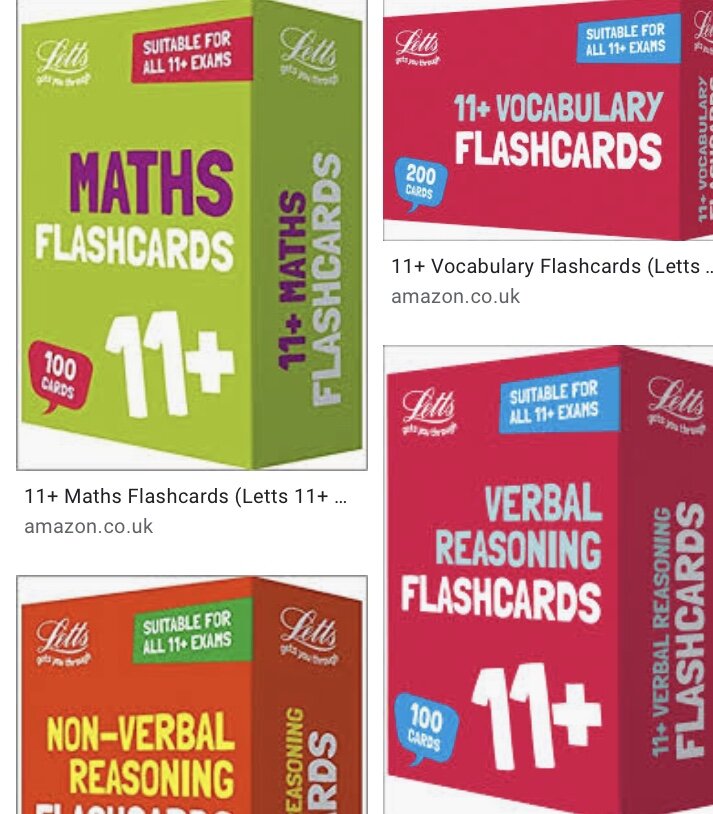Comprehension is one of the areas of English where students struggle the most.
There are several reasons for this such as:
Not understanding the passage
Having a limited vocabulary
Not using the right techniques
A lack of interest in reading
And more.
These days, schools place a huge emphasis on Maths which is great but the unfortunate effect of this is that an increasing number of children dislike Literacy. Quite often, when I’m teaching, I ask my students what their favourite subject is and Maths is always the preferred choice.
To combat this and help your child increase their enthusiasm for English and comprehension, in particular, there are a few things you can do.
These include:
Taking them to the library and making it a proper day or afternoon out where you choose books. You could even organise a trip to a famous or large library that’s outside of your local area. There are some beautiful libraries across the country and they’re great for helping children to ignite their passion for reading.
Help them to use comprehension techniques when doing ‘fun’ things. For instance, while watching a movie, you could ask them who the protagonist is. That’s a big word but if your child is a student of our Clever Comprehension Academy programme, they’ll know what it means. You could also ask them to write a summary of what happens in the film as this is a great way to check their retention skills.
When it comes to reading passages and understanding them better, here are some great tips.
Visualise the text.
When reading, it’s important to create images of what’s happening. This enables you to paint a picture of the story and to answer questions more easily. Visualisation is really powerful!
When reading, ask your child to picture what they see.
Focus more on the questions than on the passage or text.
Students often make the mistake of focusing heavily on the passage and it causes them to worry about big words they don’t know the meaning of, events that don’t quite make sense and tiny little details that are confusing.
Often enough, the questions in the exam don’t always assess these things and students who focus on the passage too much can find themselves losing marks.
Instead of being passage-obsessed, focus on the questions that are being asked. Read them carefully and find the answers in the passage.
Think like a detective
Instead of worrying about understanding the meaning behind every detail within the passage or text, focus on thinking like a detective who searches for answers.
Highlight and underline the answers as you find them in the passage; some students choose to write the question number next to the answer or highlighted word/phrase which is another great thing to do.
The key is on shifting your thinking from worrying about understanding everything to focus on finding the answers.
Be mindful of inference.
Examiners are constantly checking to see if students understand how to infer. What does this mean? It’s testing their ability to read between the lines of any text and draw conclusions.
Inference is about thinking strategically and using the clues within a text to understand what’s happening on a deeper level. For example, if in the text it says that the character beamed with joy, we can interpret that the character is happy.
If on the other hand, it says that a character hung their head and dropped their shoulders, we can infer that they’re sad, withdrawn or possibly even ashamed.
Do you see how inference works now? It’s a wonderful skill to develop.
Learn to PEE.
For students sitting multiple choice exams such as the CEM, they don’t have to worry about this but for those sitting standard exams such as those popularly used by independent schools, learning to PEE is really important.
What’s PEE? It stands for point, evidence, explanation. Put simply, when answering questions, students need to be able to write detailed answers where they firstly make a point (which answers the question), back that point up using evidence from the text (such as a quote) and finally, explain the relevance of the quote to the point and the answer that’s been set.
Here’s a quick example.
Question: How is George described in the passage? (3 marks)
Answer: George is described as being a tall, baby-faced man who is highly likeable. In the passage, he is described as “having the countenance of a King” which suggests that he is naturally likeable and commands respect in the same way a king or monarch would.
In the example above, the first line focuses on making a point that answers the question. The second line provides a relevant quote and the third provides the explanation which is linked to the question to show relevance.
I hope this article helps you and your child to see that comprehension doesn’t have to be difficult.
It can be broken down so that it’s easy to score higher marks. The key is in focusing on building inference skills, knowing what examiners are looking for and learning to search for the answers rather than worrying about understanding every little detail in the text.
Do you have any other comprehension tips you’d like to share? We’d love to hear them.
Leave them in the comments below.
Ps. If your child still needs help with comprehensive, check out our online course which can be accessed 24/7. It’s called Clever Comprehension Academy.
Here’s to your child’s success!







